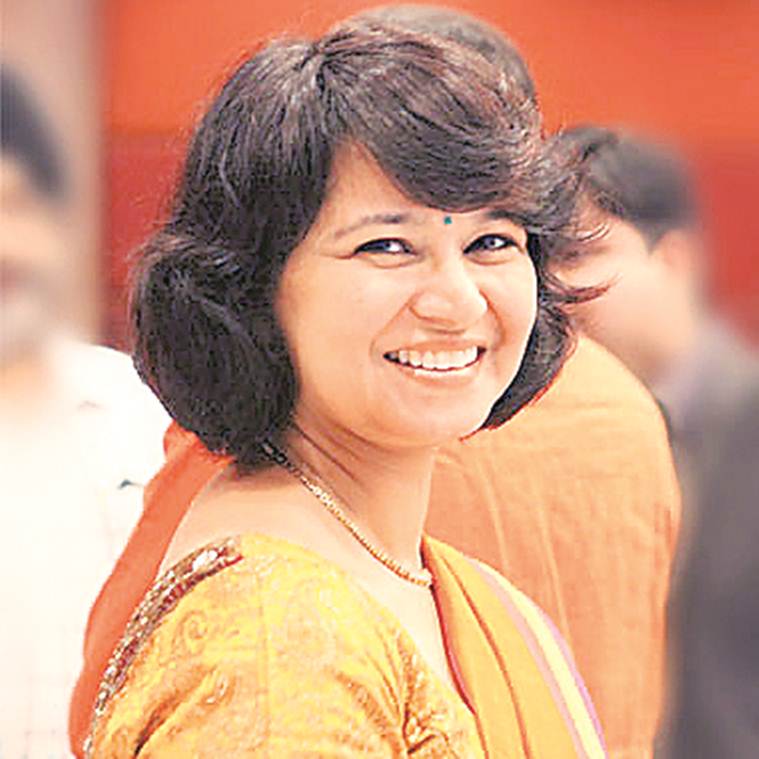Remembering Archana Gupta
She became victim to a horrifying sub-culture — ‘celebratory fire’.

Wednesday January 2, 2019. One has, over the past few years, become inured to headlines tabling accidental or premeditated deaths. And I would not have registered the Indian Express’ piece on the first page — Archana Gupta is a common enough name — had there not been a more detailed account on page five, with a photograph of a smiling young woman. Suddenly, the photograph came alive, and it was September 12, 2017, inside the seminar-room of Jamia Millia’s history department, where the Landscape Foundation’s Delhi Nature Map had been launched, and Archana came up and greeted me.
Over the years, I met Archana briefly in different contexts. She is described as a partner in a “multi-disciplinary design office” but she also gave time to teaching. At the School of Architecture in Delhi, when she was member of a jury, I recognised her voice and her clear, totally focused comments, before I recognised her by her appearance.
Which took me back to the TVB School of Habitat Studies, Delhi, in the 1990s, with its bright and eager students who gamely participated in long discussions on urban history and the history of architecture. Archana was quiet and thoughtful, very well-read and insightful. On the days I had lectures, we used to meet at the bus stop where a college van picked us up. It was a half-hour journey, and we chatted about the places we passed through. She had spent her childhood in the Caribbean. The comparatively short period she had spent in Delhi perhaps made her quicker to pick up details than those of us who have lived here for longer who take things for granted. She was one of the few who got increasingly interested in deciphering layers of history, and conducted heritage walks for the Conservation Society of Delhi. She made forays into the historic urban village of Chirag Dilli, had long discussions with the village inhabitants, and decided to make that the theme for her dissertation. My daughter recalls Archana pausing under the giant banyan tree by the pond outside the Chirag Dilli walls, saying with a smile, “I like this place. I like to imagine the villagers gathering in the shade of this tree centuries ago”.
This sensitivity came through in her writing, when she edited the CSD’s newsletter Prahari. Twenty years later, it came through in Celebrating Public Spaces of India, a book she co-authored with Anshuman Gupta in 2017.
This is a book that all young people, not just potential historians, architects and planners, should read. It explains, persuades, and urges active intervention. “It is after all about time that we attempt to reappropriate our culture and attitude towards public/open spaces — recognise them for their inherent worth, relook at them in a contemporary framework. and celebrate them for the immense socio-cultural value they add to the fabric of the city and the lives of city-dwellers”. The Archana who wrote this has become a victim of a horrifying dimension of India’s urban culture, where “celebratory fire” is an accepted part of revelry, where the most common adjective for politicians is that they are “powerful”, a power that allows them to be embarrassingly inebriated and to flash weapons of death among party guests, before making a coward’s exit. A life with so much potential to be cut short, thus?
It is not enough to mourn. Archana has to be remembered not only through what she did, but by addressing this malaise in upper-middle class society. It is time to jolt ourselves out of our inertia — to stop equating guns with fire-crackers, to not treat inebriation as a way of public celebration, to understand the finality of serious injury and death. It would be wonderful if this could be made the immediate agenda of the Foundation of Indian Cities, of which Archana and Anshuman are founders.







































No hay comentarios:
Publicar un comentario